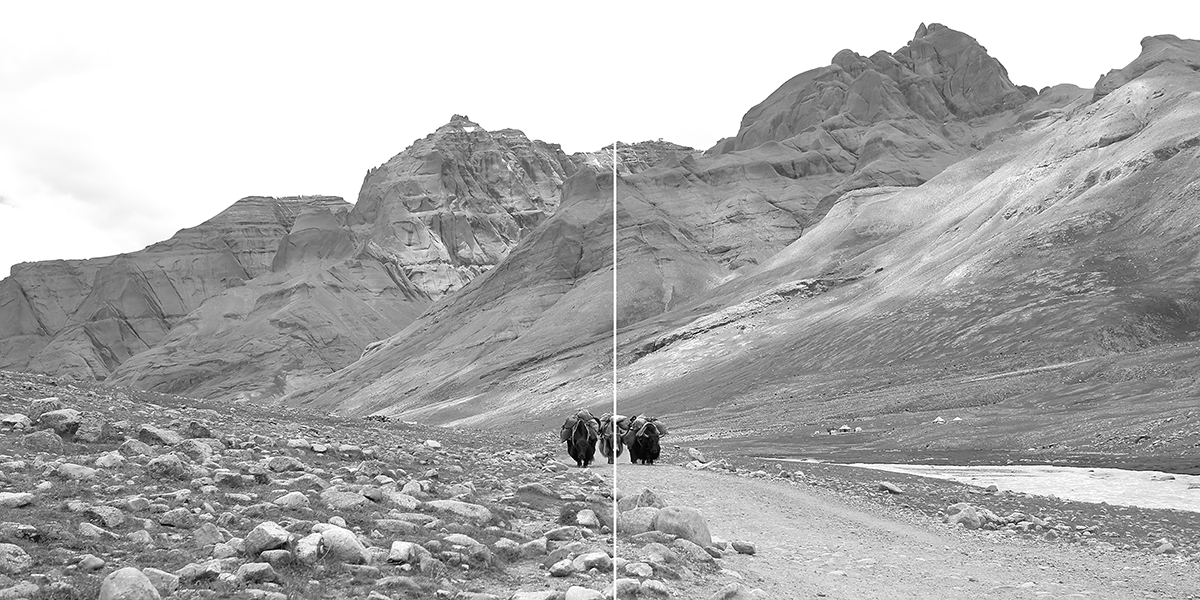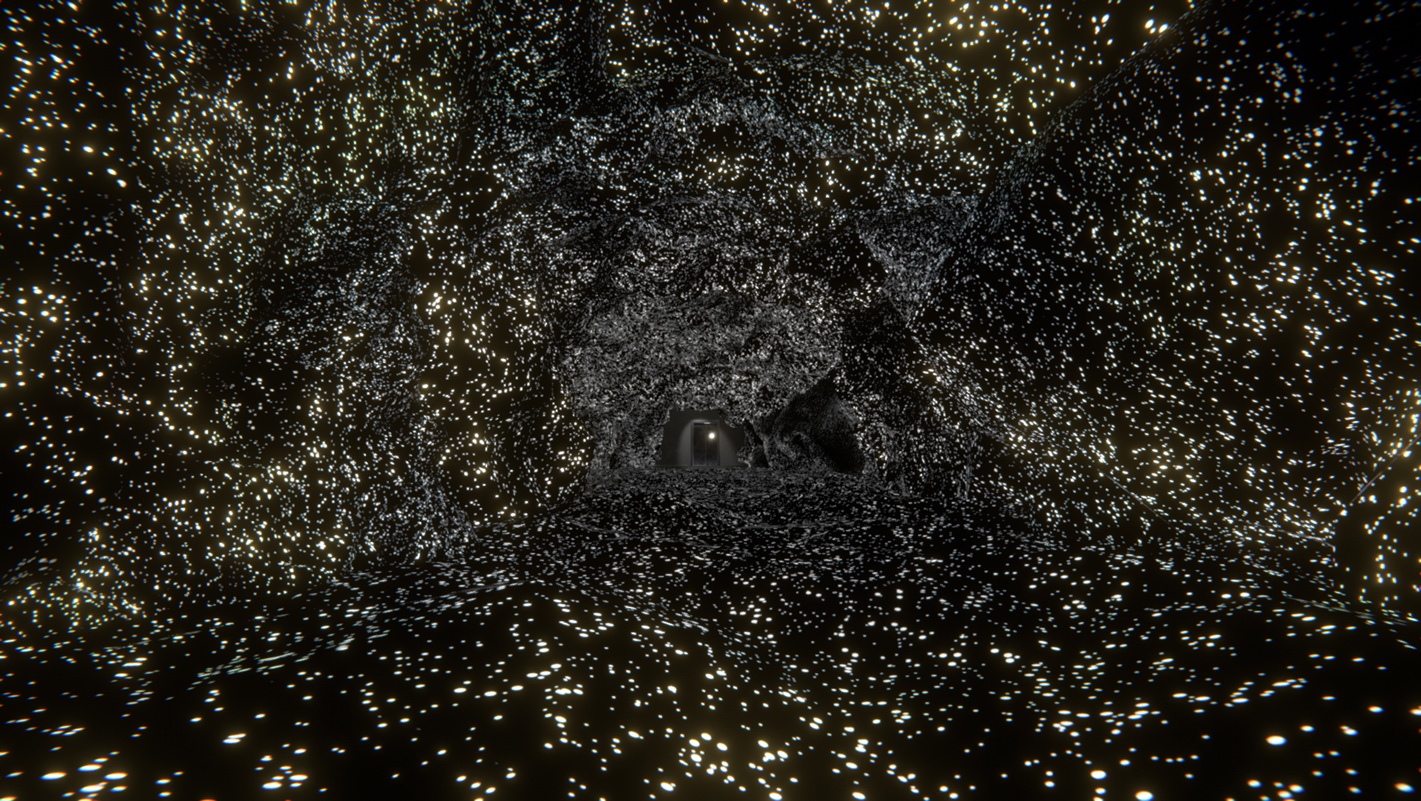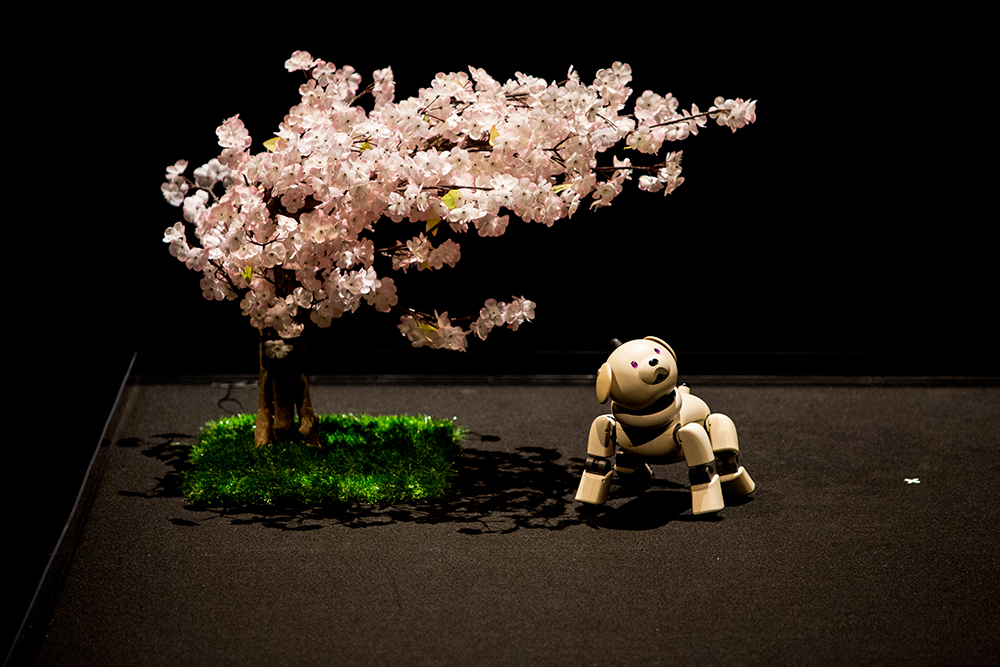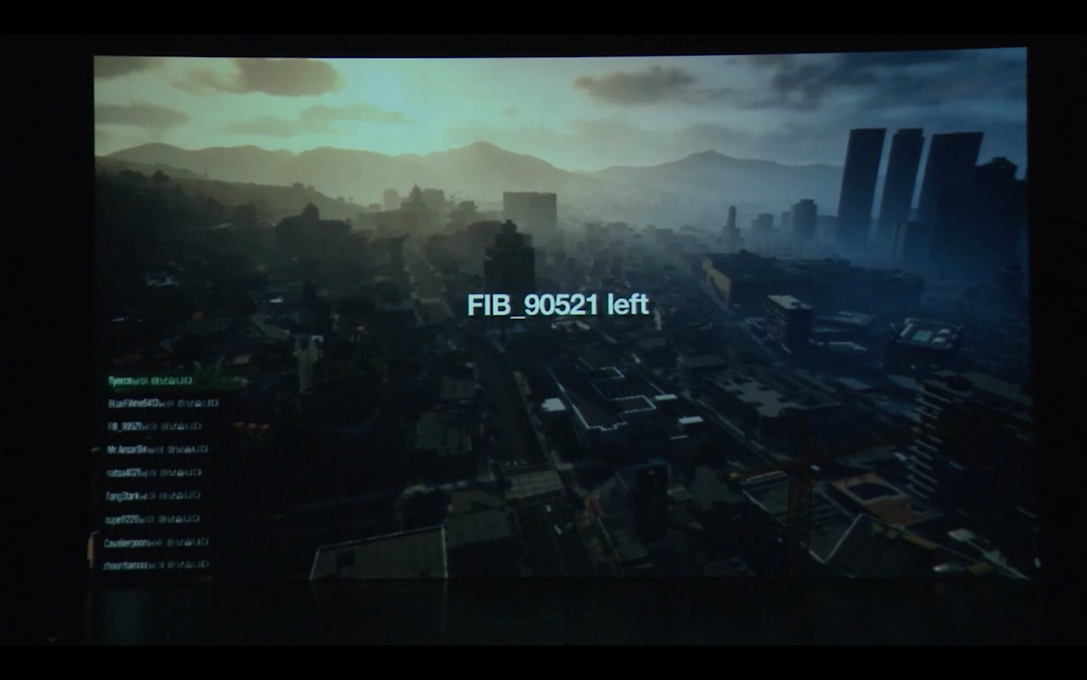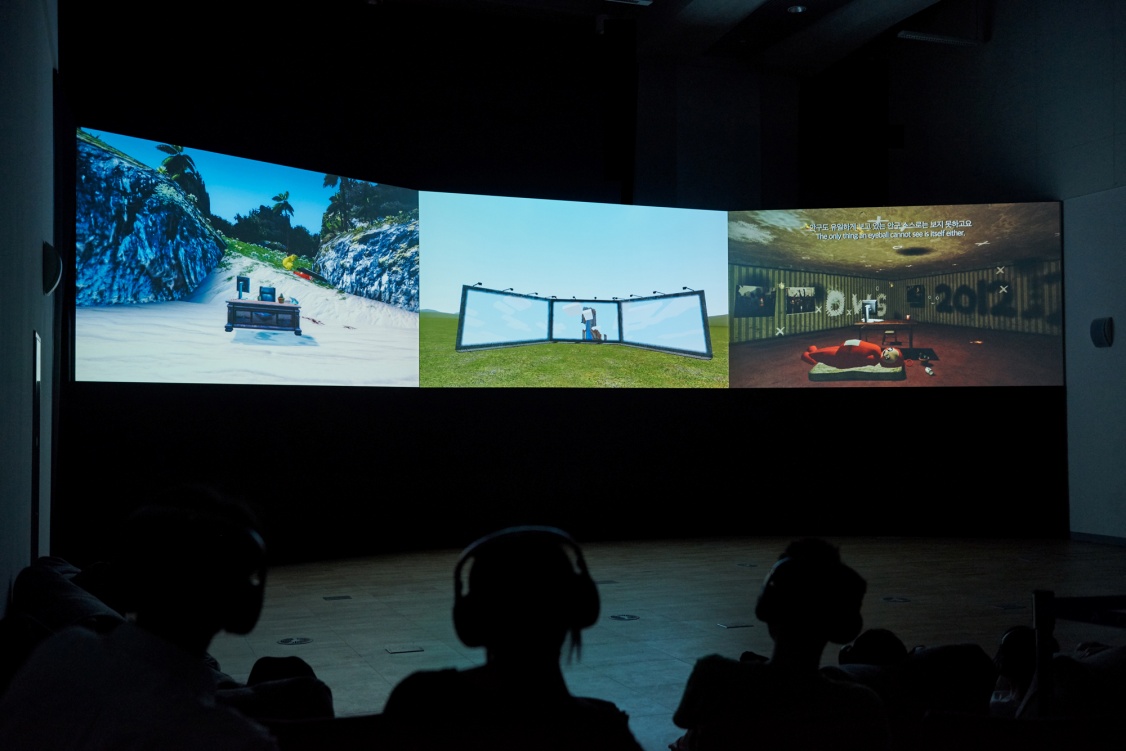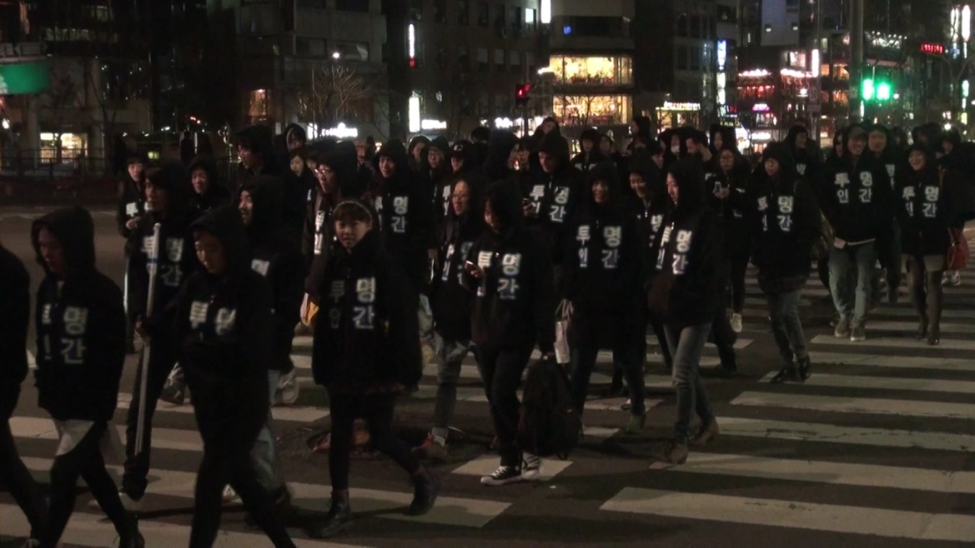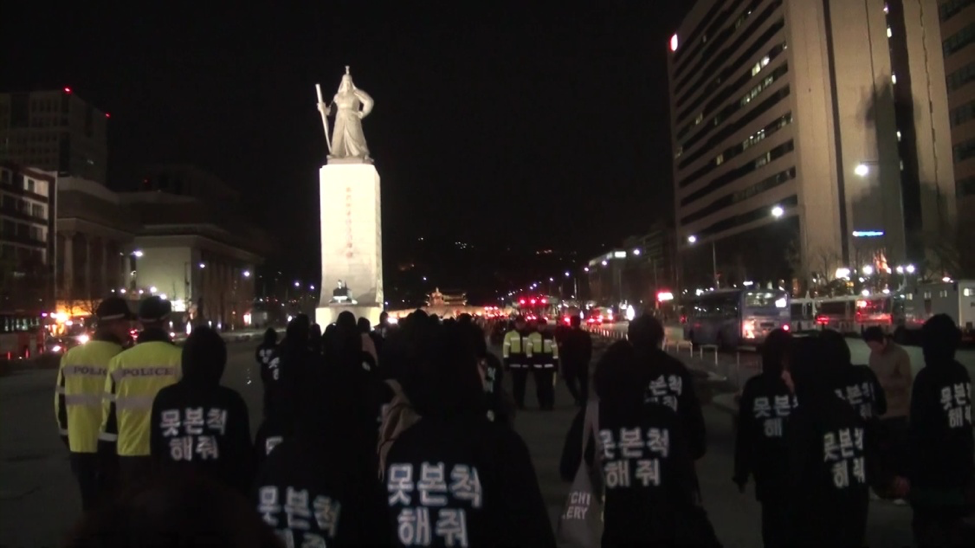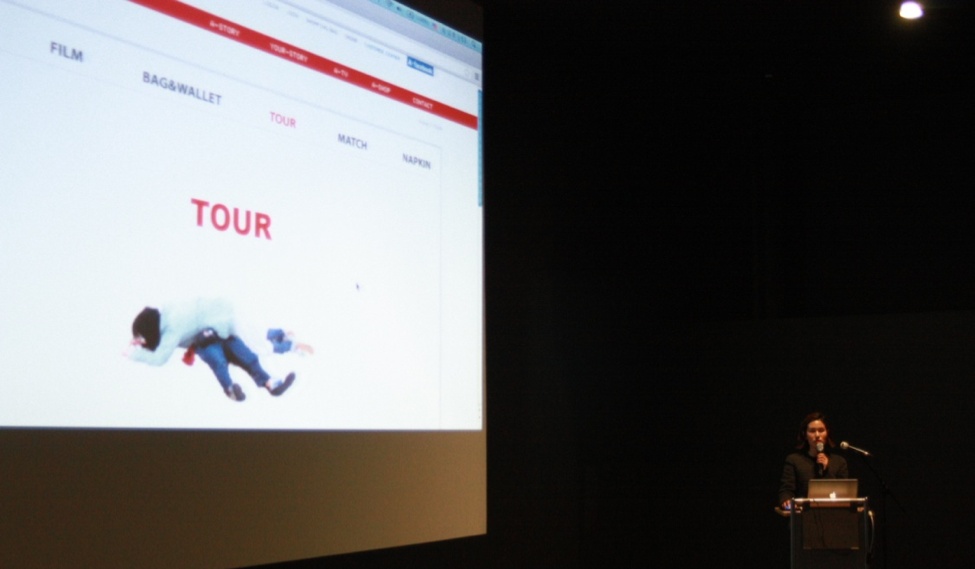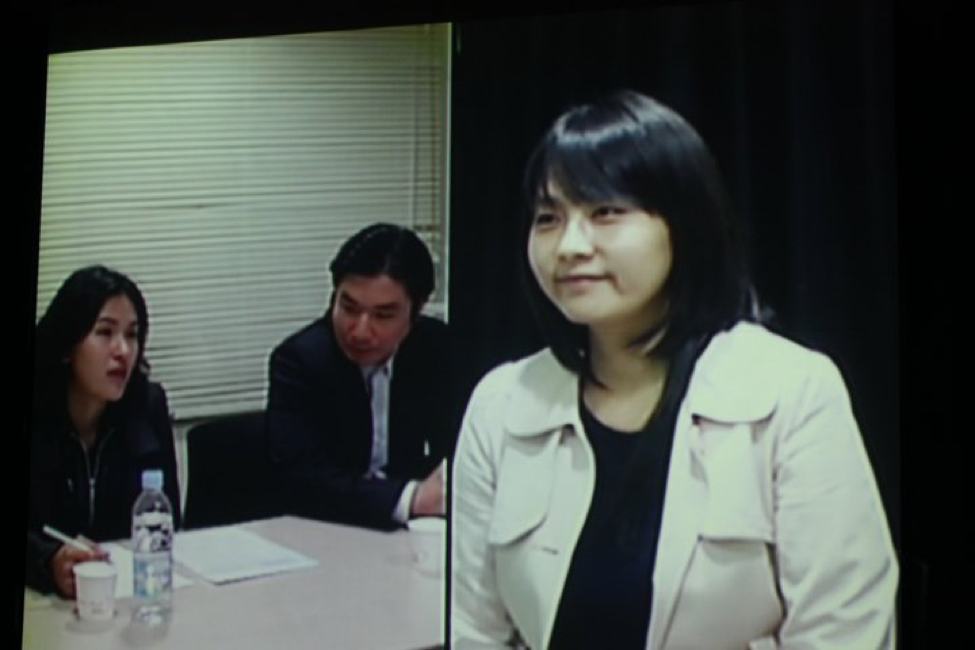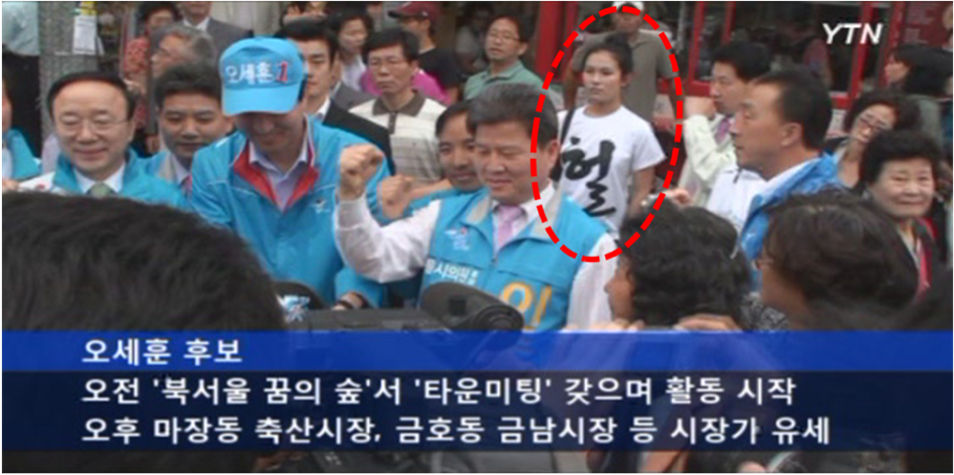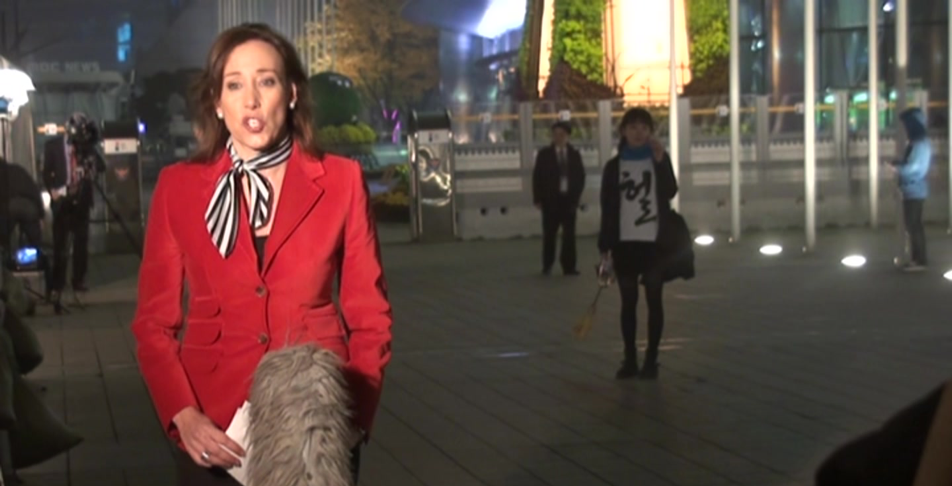Can we fundamentally rethink our system? This question constitutes the core of Jisun Kim’s works; Jisun Kim majored in Time Art, and has been presenting various projects based on her interests in social systems, cultures, and no man’s land(multi-layered spaces created between laws, norms, borders of physical lands, marginalized spaces in existing and online worlds).
When the most solid-looking systems(e.g. national border, capitalism, or media) meet, it produces a peculiar niche or hole. This place is not legitimate, yet not illegal, either. Her work is about revealing these holes of the system and living inside them. Since her performance of crossing over borders with a torn-out passport in earlier days, Kim founded a guerilla media group ‘Pan-Asia International Conference’ in 2011, and disturbed political messages through media by visiting election campaign sites wearing a T-shirt saying ‘헐(What the…)’.
In her 2012 work ‘Well-Stealing’, she developed a coup-plotting device, which she used to turn herself and the audience invisible, where they then proceeded to occupy an emblematic plaza of Seoul. In the earlier version of Climax of the Next Scene, Kim traced the changes of sensations through which we perceive the world by juxtaposing online games and travel experiences in the real world from a perspective of armchair anthropology. And she created a developed version of Climax of the Next Scene, seeking after the exit of this system to imagine the world beyond. Extending this trajectory, Deep Present placed ‘outsourcing’ as the key engine of our system and saw Artificial Intelligence as its ultimate product. This replica of our intelligence was presented as a mirror to spark fundamental, yet pressing questions about ourselves and the present society.
